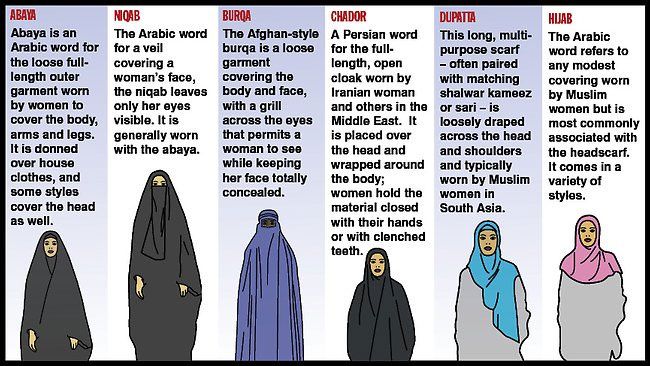- Reaction score
- 5,970
- Points
- 1,260
If neither M. Mulcair nor M. Trudeau categorically rules out any sort of coalition during the campaign then some sort of accommodation remains possible ...
Assume, please, a very slim CPC minority that cannot survive its first confidence vote:
The easiest option is for one party leader, the leader of the party with the second most seats in the HoC, to go to the GG, armed with an assurance of support from the leader of the other large party (assume, please, that the two,
together, have a slim majority) and ask for an opportunity to form a government. If we are in the first few weeks or even months (less, say, than eight months) of a new parliament and the party with the most seats cannot secure
the confidence of the House then the GG should give the opposition leader a chance to try to govern; or
The better option is that two leaders, who, together, have a majority, go to the GG with a formal proposal for a coalition - a "unity" government. In that case, unless we are two or more years into a parliament, then I think that
the GG must allow the coalition to govern.
I actually fear a Liberal/NDP coalition on economic grounds. I believe it would be fiscally irresponsible and I think it would do serious, long term harm to our country. I think a Conservative/NDP coalition is a practical (philosophical) impossibility; they are of different species - a liger is a biological possibility (a Liberal/NDP coalition would be a liger) but mixing the CPC and the NDP would be like trying to crossbreed a lion with a bear ~ they're both large land animals but they cannot interbreed.
I would favour a formal Conservative/Liberal coalition - led by either party but with Conservative fiscal values and Liberal social values.
It seems to me that, constitutionally, that the GG has great* latitude in ensuring that the country either has an effective government or is in the process of electing one. Coalitions, formal or informal, are a legitimate part of the process.
_____
* But not unlimited; remember the "King-Byng thing" in 1926 - it still matters a lot
Assume, please, a very slim CPC minority that cannot survive its first confidence vote:
The easiest option is for one party leader, the leader of the party with the second most seats in the HoC, to go to the GG, armed with an assurance of support from the leader of the other large party (assume, please, that the two,
together, have a slim majority) and ask for an opportunity to form a government. If we are in the first few weeks or even months (less, say, than eight months) of a new parliament and the party with the most seats cannot secure
the confidence of the House then the GG should give the opposition leader a chance to try to govern; or
The better option is that two leaders, who, together, have a majority, go to the GG with a formal proposal for a coalition - a "unity" government. In that case, unless we are two or more years into a parliament, then I think that
the GG must allow the coalition to govern.
I actually fear a Liberal/NDP coalition on economic grounds. I believe it would be fiscally irresponsible and I think it would do serious, long term harm to our country. I think a Conservative/NDP coalition is a practical (philosophical) impossibility; they are of different species - a liger is a biological possibility (a Liberal/NDP coalition would be a liger) but mixing the CPC and the NDP would be like trying to crossbreed a lion with a bear ~ they're both large land animals but they cannot interbreed.
I would favour a formal Conservative/Liberal coalition - led by either party but with Conservative fiscal values and Liberal social values.
It seems to me that, constitutionally, that the GG has great* latitude in ensuring that the country either has an effective government or is in the process of electing one. Coalitions, formal or informal, are a legitimate part of the process.
_____
* But not unlimited; remember the "King-Byng thing" in 1926 - it still matters a lot







